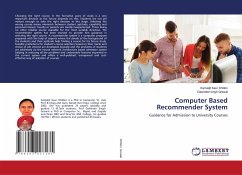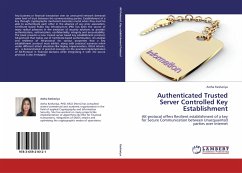Recommender systems already exist in a variety of item domains: entertainment, commerce, news and more. One should expect these systems to become more useful and essential as knowledge volume rapidly grows. The book describes a unique research, demonstrating that the likelihood that users of a social collaborative system would accept recommendations from recommender systems depends on the type of group that made the recommendations and on the users' involvement in the formation of that group. A longitudinal analysis indicates a positive learning curve for experienced users, who acquire a tendency to prefer 'friends group' over 'neighbors group' as their experience with the system increases. Also, users chose their own group to participate in the advising group significantly more than other groups. The main implication of these findings for the development of future recommender systems is to enhance the involvement of recommendation seekers in the process of forming the advising group. Also, developers of recommender systems should consider increasing users' control over relevant characteristics of the members of this group.
Bitte wählen Sie Ihr Anliegen aus.
Rechnungen
Retourenschein anfordern
Bestellstatus
Storno








